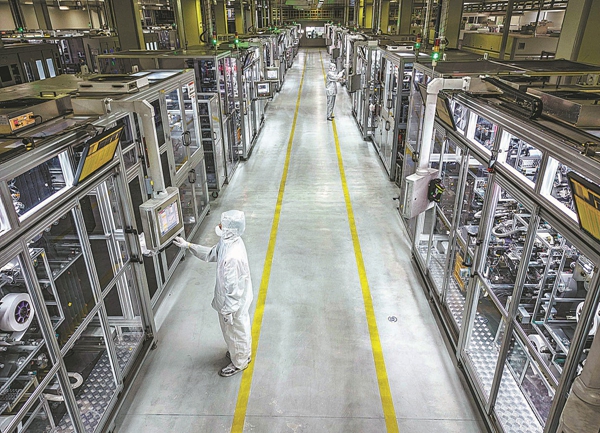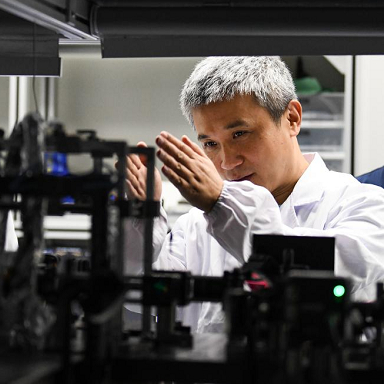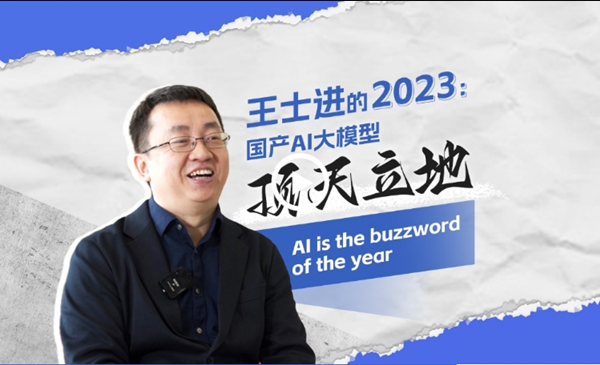Anhui leverages new philosophy to succeed

Technicians work on a production line at an NEV-power battery firm in Hefei, Anhui province, in July. XIE CHEN/FOR CHINA DAILY
Li Bin, president and CEO of Nio, a major NEV maker whose China headquarters are in Hefei, echoed the Visionox president's comments.
With an intact supply chain in Anhui and the Yangtze River Delta Region, which also includes Jiangsu and Zhejiang provinces and Shanghai, manufacturing vehicles in Hefei helps save the firm as much as 5,000 yuan per car, Li said.
The Anhui and Hefei governments have made plentiful governmental funds available to support firms through investment, rather than subsidies.
When Nio, a publicly-traded company, was facing financial difficulties in 2020, the Anhui government invested billions of yuan in the company via its funds, which Li considered vital to the firm's continued development.
Later, Nio's share price surged. "So we bought back part of the government stake in 2020 and 2021. Its original value was 1.5 billion yuan, and we paid 7.5 billion yuan to buy it back," said Li, adding that the Anhui government then used the gains to establish another fund to further support the entire NEV and ICV industry.
"Governmental departments must familiarize themselves with market laws and learn to respect and use them, and also take advantage of macro regulation tools when they fail. Doing these things will allow governments to better play their role," Wang said.
Realizing that many companies did not have enough knowledge of financing and relied too heavily on banks, the provincial government launched a plan last year to comprehensively train their senior executives.
"So far, about 16,000 entrepreneurs have participated in the training program," said Wang, adding that 23 Anhui companies became publicly traded last year, the highest single figure ever.






